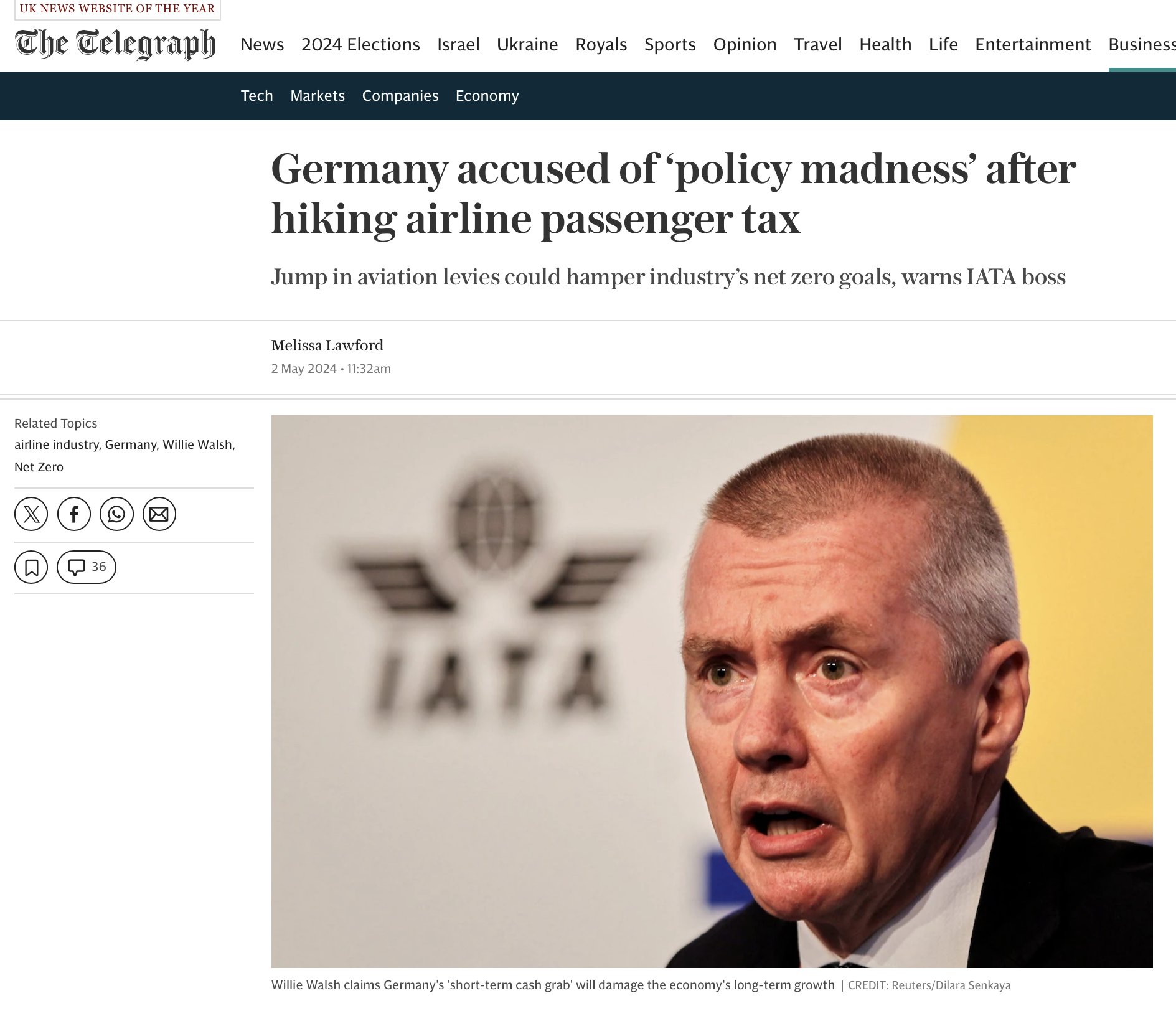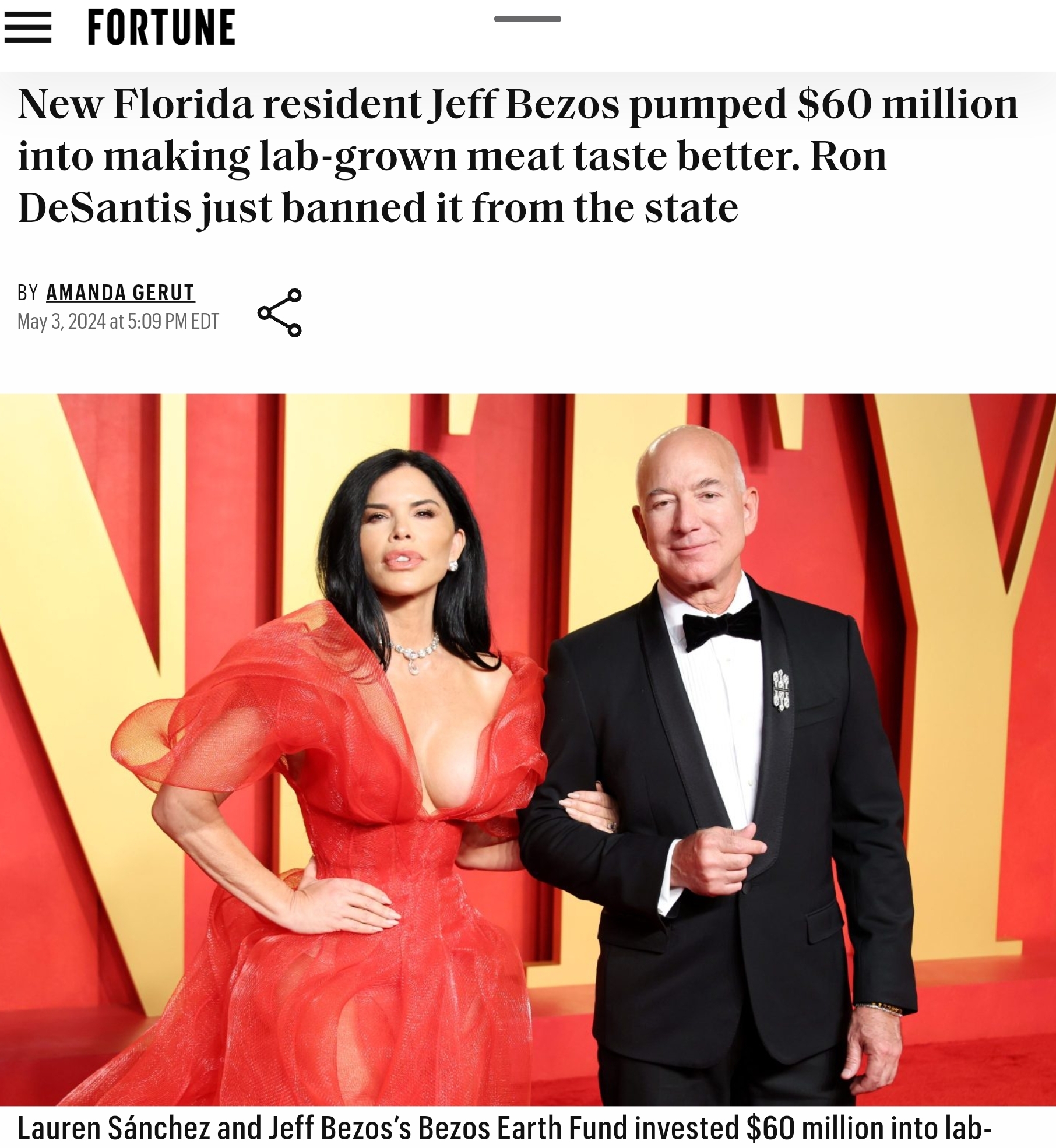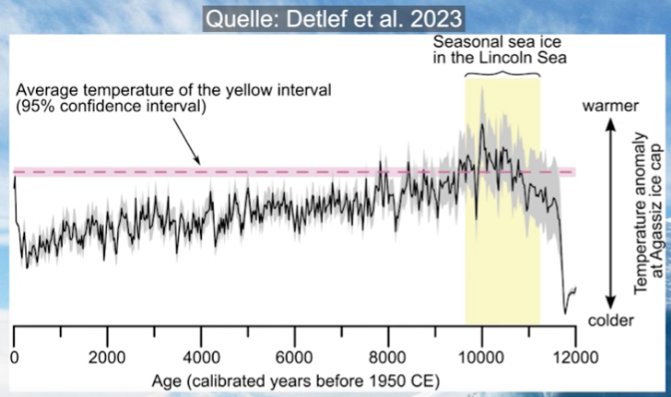The United States and China, the world’s biggest emitters of greenhouse gases, have announced they will formally ratify the Paris climate change agreement in a move campaigners immediately hailed as a significant advance in the battle against global warming.
Speaking on Saturday, on the eve of the G20 summit in Hangzhou, US president, Barack Obama, confirmed the long-awaited move, the result of weeks of intense negotiations by Chinese and American officials.
“Just as I believe the Paris agreement will ultimately prove to be a turning point for our planet, I believe that history will judge today’s efforts as pivotal,” said Obama, who was speaking in the presence of the Chinese president, Xi Jinping, and United Nations secretary general, Ban Ki-moon.
“Where there is a will and there is a vision and where countries like China and the United States are prepared to show leadership and to lead by example, it is possible for us to create a world that is more secure, more prosperous and more free than the one that was left for us,” added Obama, for whom the commitment is part of a final push to secure a green legacy for his presidency.
Earlier China had announced it would formally ratify the Paris accord with President Xi vowing to “unwaveringly pursue sustainable development”.
“Our response to climate change bears on the future of our people and the well-being of mankind,” Xi said, according to the Associated Press.
Obama said the joint announcement showed how the world’s two largest economies were capable of coming together to fight climate change.
“Despite our differences on other issues we hope that our willingness to work together on this issue will inspire greater ambition and greater action around the world,” he said.
“We have a saying in America that you need to put your money where your mouth is,” Obama told an audience at Hangzhou’s West Lake state guesthouse. “And when it comes to combating climate change that is what we are doing … we are leading by example.”
If the Paris agreement comes into force this year as hoped, it means the nearly 200 governments party to it will become obliged to meet emissions-cutting pledges made before the deal last December. For example, the EU has a “national determined contribution” of cutting emissions by 40% by 2030 on 1990 levels, and the US by up to 28% by 2025 compared with 2005.




